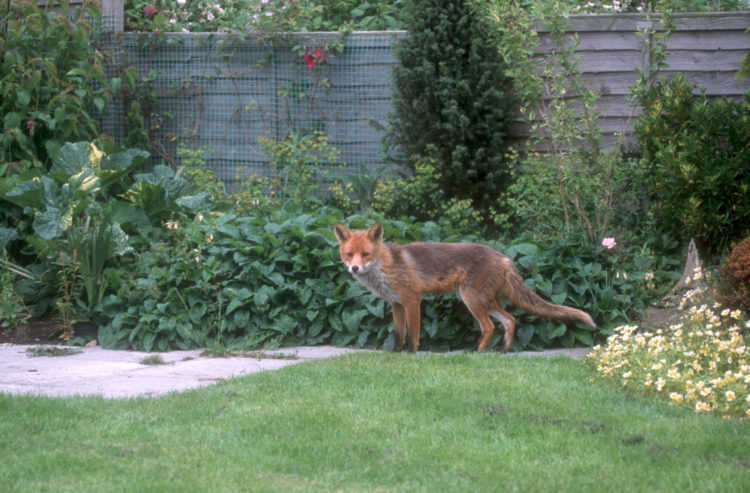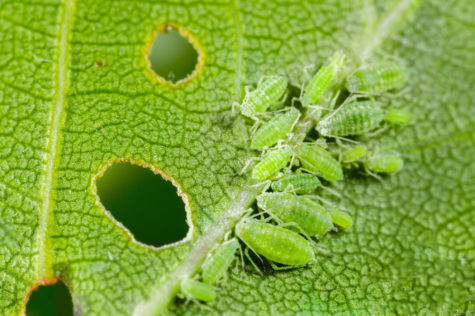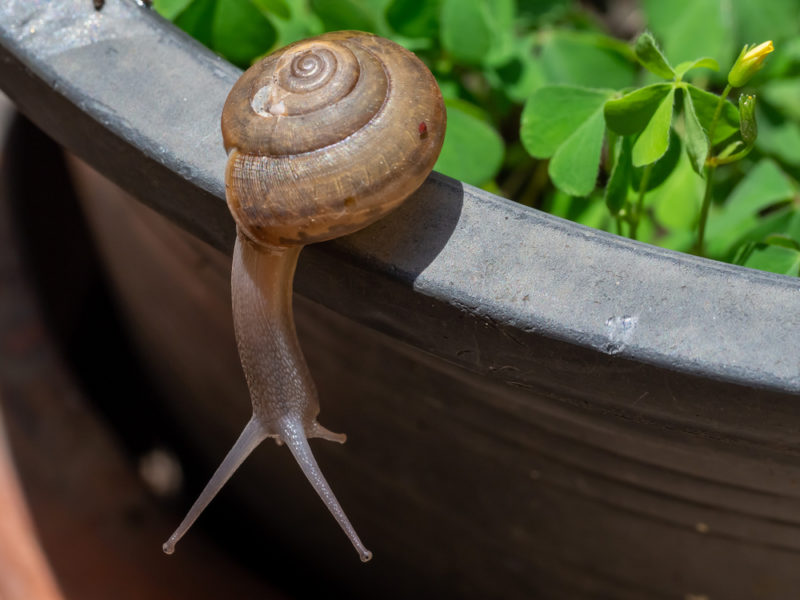Dragonflies are one of the most beautiful insects in the UK, and watching them flit around a garden is an absolute delight.
Not only are dragonflies (and their relatives, damselflies) elegant to look at and hypnotising to watch, they will act as a natural pest control. Dragonflies are also recognised as a marker of environmental health, like butterflies.
Finally, in case you needed any more reasons to attract dragonflies to your garden, they’re considered to be symbols of courage, strength and happiness in Japan. So, if you manage to support some dragonflies in your garden, it’s generally a good sign!

How to Attract Dragonflies to Your Garden
If you’re wondering how to attract dragonflies to your garden, we’ve got a few tips for creating the right environment for these stunning creatures.
1. Build a garden pond
I firmly believe there’s a garden water feature for every space, no matter how large or small. However, when you’re trying to encourage dragonflies, really only a garden pond will do. Dragonflies rely on calm, unpolluted bodies of natural water to hunt, have their young, and fight for territory – all of which can be pretty fascinating to watch!

A pond for dragonflies doesn’t have to be big. A single small pond, or multiple small ponds if you have space, will effectively attract dragonflies to your garden.
It doesn’t even have to be deep – dragonflies mostly live in the shallows, so about 30cm is enough. You can let the pond naturally full up with rainwater, and surround it with native plants – but don’t fill it with fish!
Fish will eat dragonfly larvae and also reduce the oxygen in the water, which is bad news for amphibians and insects.
2. Don’t worry about the mosquitos — they help
If you’re concerned that water will just leave you with dozens of mosquitoes and midges, don’t fret.
Dragonflies and damselflies are carnivorous predators, and are an amazing way to keep mosquito numbers down. Each insect can eat over a hundred mosquitoes, gnats and midges in a day, so you should be able to enjoy your garden in the evenings without getting bitten! Convenient, right?
Take a look at these plants that repel mosquitoes to help you out, too.
3. Grow plants to attract dragonflies

Pond plants are really going to be essential for your garden dragonfly population.
Most dragonfly larvae need lots and lots of water plants to hide amongst, both to sneak up on prey and to avoid predators. To keep your pond plants in good condition, avoid letting other animals (like pets, birds or livestock) get too close to the water and trample the foliage.
4. Plant flowers for pollinators
Providing a feast for dragonflies will take more than having gnats around your pond. Make sure to plant an abundance of flowers and plants for pollinators, small flies and other insects. Large numbers of these will, in turn, attract dragonflies to your garden.
Try growing water lilies around your pond, and let daisies and buttercups bloom on your lawn. A cottage style garden is one of the best ways to attract a variety of native insects, and our guides to attracting bees and growing a butterfly-friendly garden will give you some ideas for nectar-rich flowers.
5. Provide additional coverage

Although pond plants are a good start, adding extra layers and coverage is always going to help you attract dragonflies to your garden. Dead wood provides a secure, moist breeding ground for certain dragonfly species, while sand and gravel in and around your pond will attract those that lay their eggs on sediment.
6. Offer sun- and shade-bathing spots

Dragonflies and damselflies are cold-blooded insects, so use the sun to help them regulate their temperatures. Surrounding your pond with large, differently-coloured rocks that catch the sun at various points of the day will give your dragonflies somewhere to warm up, cool off and take a rest from hunting.
Try to encourage dragonflies in your garden
Dragonflies are such an asset to your garden that it makes sense to try and provide an enticing home for them.
Watching them zip around, snatching pets out of the air, is amazing, and one of those things that fascinates children and adults alike. Hopefully some of these tips will help you attract dragonflies to your garden – good luck, and happy gardening!

Save this pin for later







